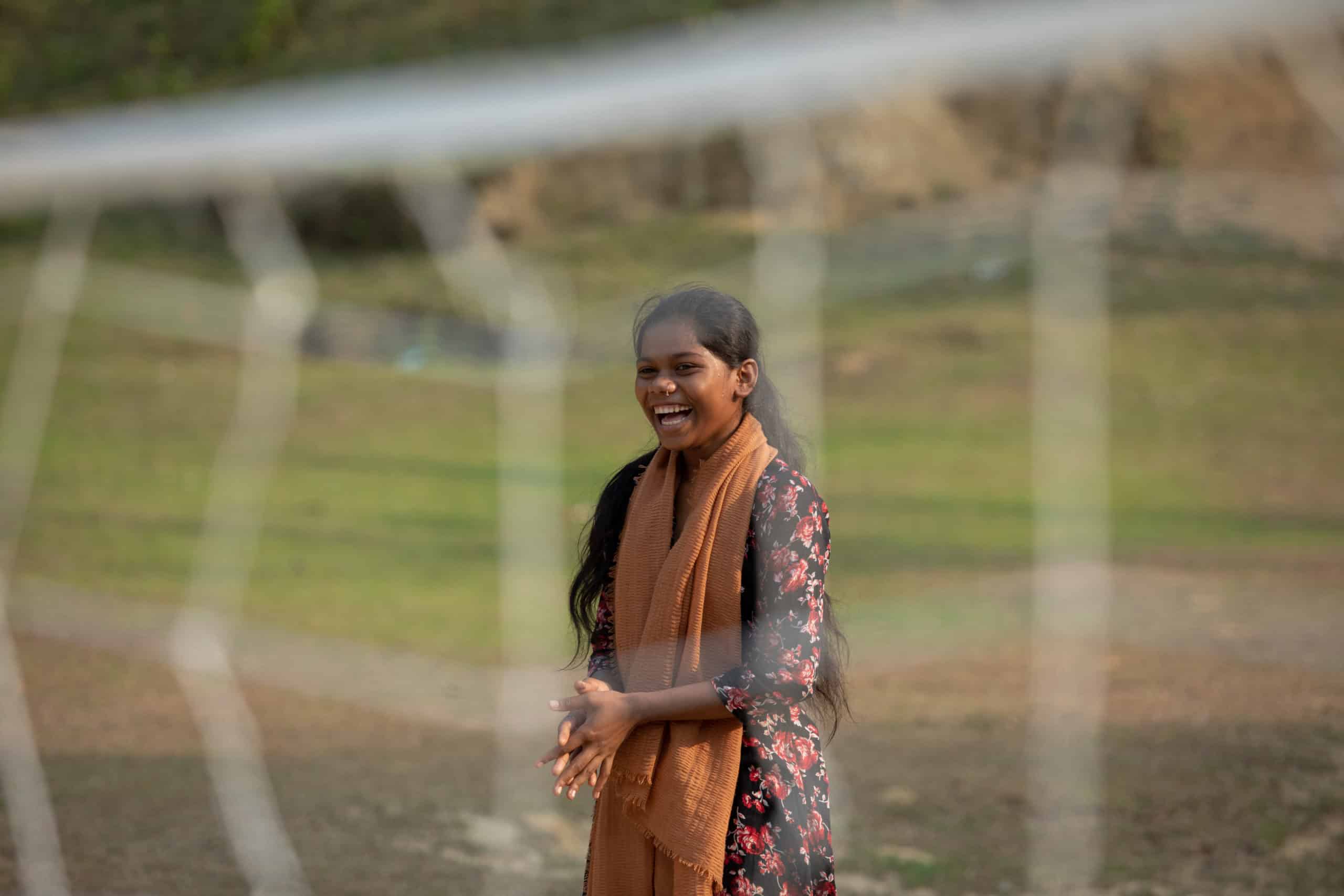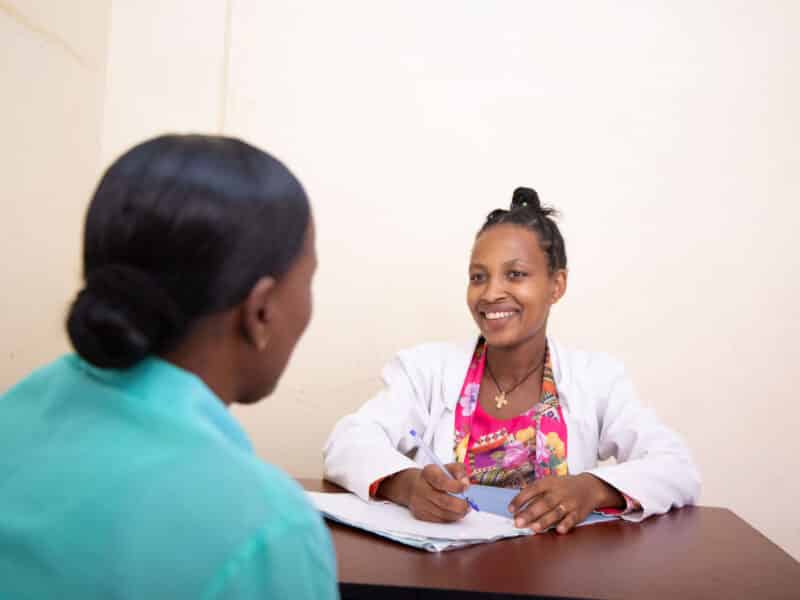To reduce the incidence of child marriage in Bangladesh, specifically in the communities in and around where Rohingya refugees have lived in camps since fleeing Myanmar nearly six years ago, the Johns Hopkins Center for Communication Programs is working with UNICEF Cox’s Bazar Humanitarian Programme to launch the Durnibar (“Unbeatable”) campaign.
The COVID-19 pandemic has put the most vulnerable girls at increased risk of child marriage, due to school closures, economic stress, service disruptions and parental deaths. Bangladesh is home to 38 million child brides, including married girls and women who were first married in childhood. Of them, 13 million girls were married before the age of 15.
“The already problematic child marriage rate has been exacerbated by the pandemic, especially in Cox’s Bazar, where we have seen an already dire economic situation deteriorate for both the refugees and the host community,” says CCP’s Kazi Faisal Mahmud, Chief of Party for Bangladesh.
Says CCP’s Sanjanthi Velu, the team lead who supports the work in Bangladesh: “We need to shift norms and make sure families and communities and young girls are feeling like their voices, aspirations and concerns are being heard. It’s hard to make the shift, but everyone on the ground needs to come together and collaborate to prevent child marriage.”
A recent study carried out by the COAST Foundation in Bangladesh on the impact of the COVID-19 pandemic on child marriage in Cox’s Bazar, a fishing town on the southeast coast of Bangladesh, found that rates have increased significantly since March 2020.
The data show that 63 percent of respondents reported that child marriage increased in their community during the period of the pandemic. Forty seven percent blame the increase on school closures, 26 percent on increased economic stress and 22 percent said that parents felt like they had no choice but to commit child marriages due to job loss or decrease in income.
The Durnibar campaign will combine a mix of approaches to prevent child marriage, including advocacy, capacity strengthening, gender sensitization and community mobilization for collective action. There will be intergenerational dialogues and interactive community theater and the creation of a digital library of child marriage prevention materials.
The project builds on success of Ujjiban, a five-year integrated effort led by CCP in Bangladesh that ended in September 2022, which worked to address child marriage in two other parts of the country. The Ujjiban project was able to gather pledges from one million people who vowed never to excuse child marriage and committed to doing everything they could to stop others from engaging in the practice.
By the end of the newly launched nine-month campaign, CCP hopes to collect 100,000 similar pledges in Cox’s Bazar and the nearby refugee camps. They also hope to create a solid framework of education and understanding that will lead to changing attitudes and making child marriage less accepted.
Child marriage is illegal in Bangladesh but uprooting such an entrenched practice is challenging. It requires intervening at the policy level, ensuring compliance to laws banning child marriage and changing norms among communities and families. Addressing underlying economic strains is key. Mahmud says that many parents believe they are doing the right thing in allowing their girls to be married so young to protect them from the dire circumstances in which they live.
The risks for the Rohingya are especially great because they have already been uprooted from their homes in Myanmar and have faced unthinkable disruptions. “When access to services and education is poor, it can make it difficult to focus on child marriage prevention,” Velu says.
The practice of child marriage is deeply rooted in gender inequity, traditional gender norms, and patriarchal beliefs. Since many families do not value girls as much as they value boys, they marry off their daughters to reduce their economic burden. Marrying off underaged girls is also a way of controlling their sexuality, their mobility, and their access to opportunities and information, as well as limiting their ability to make decisions or choices. Many families also perceive marriage as a way of protecting girls from street harassment or rape as sexual violence against women and girls is prevalent in Bangladesh.
The effects of child marriage are long-lasting. Girls who are married young are less likely to finish school and more likely to have babies very young, experience complications in pregnancy and childbirth and experience gender-based violence in the context of their marriage. Girls who marry in childhood tend to have less agency and influence in household decisions, including making health care decisions for their children.
The Durnibar project will work to address many of the deep-rooted beliefs, attitudes and practices that drive child marriage in these communities.





